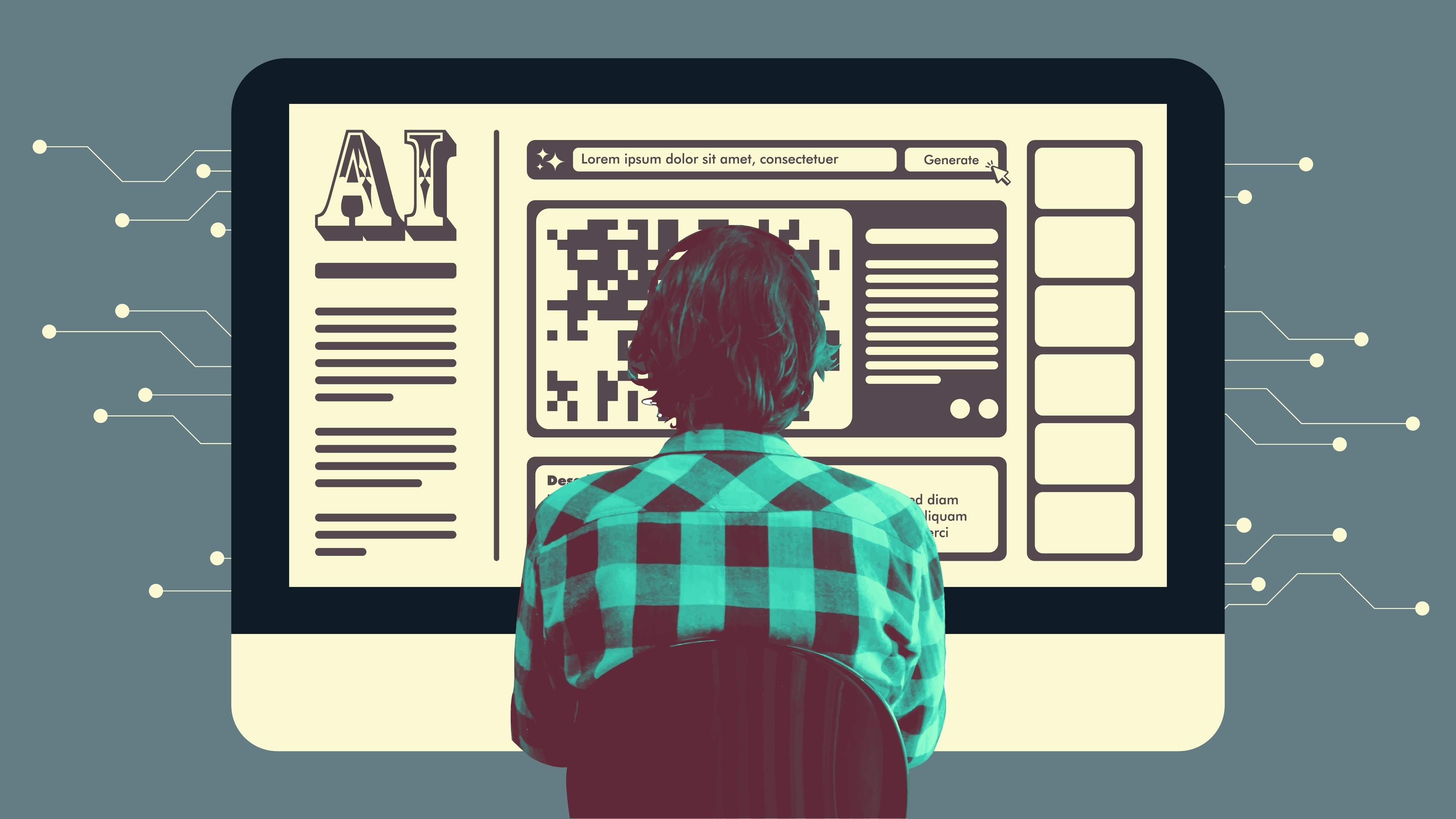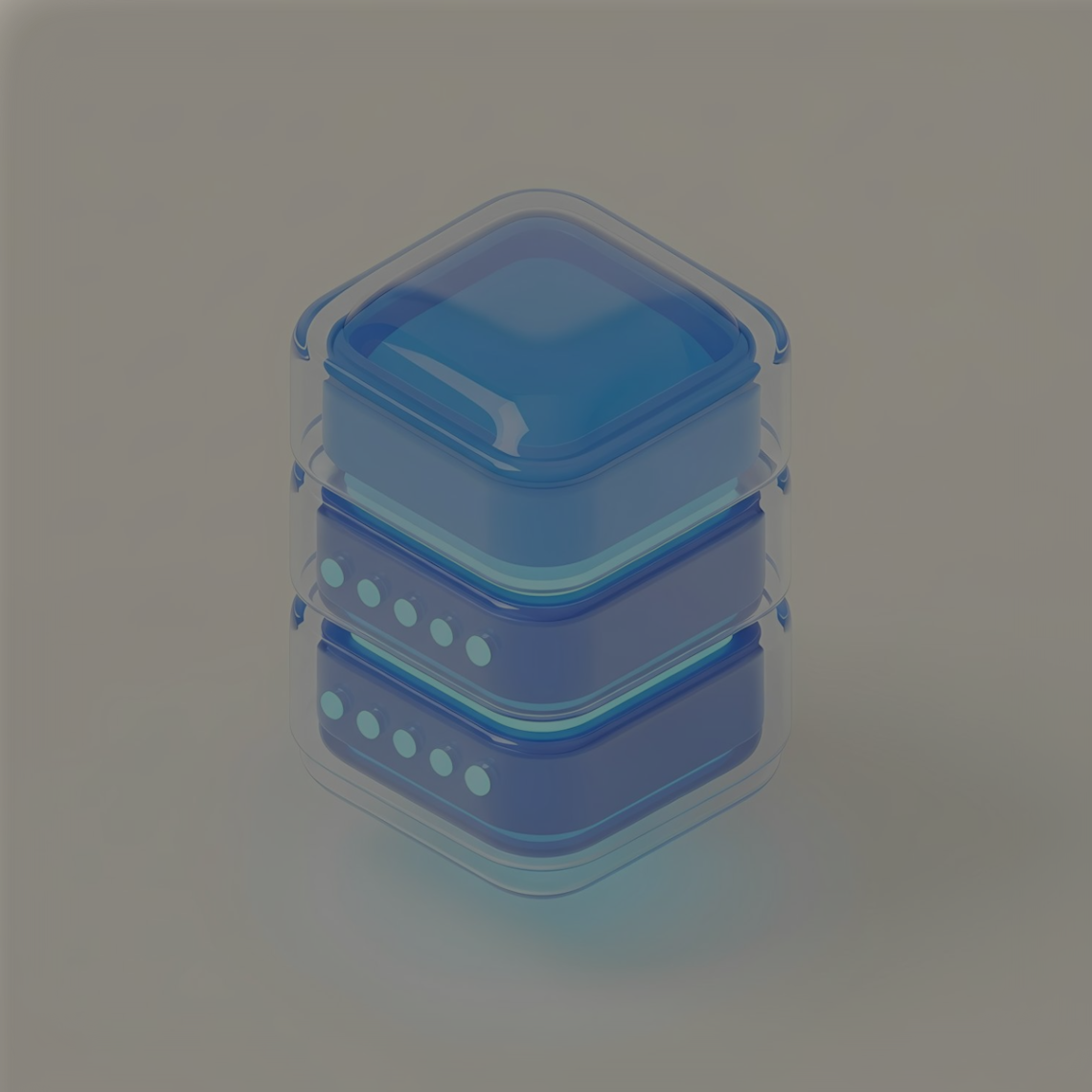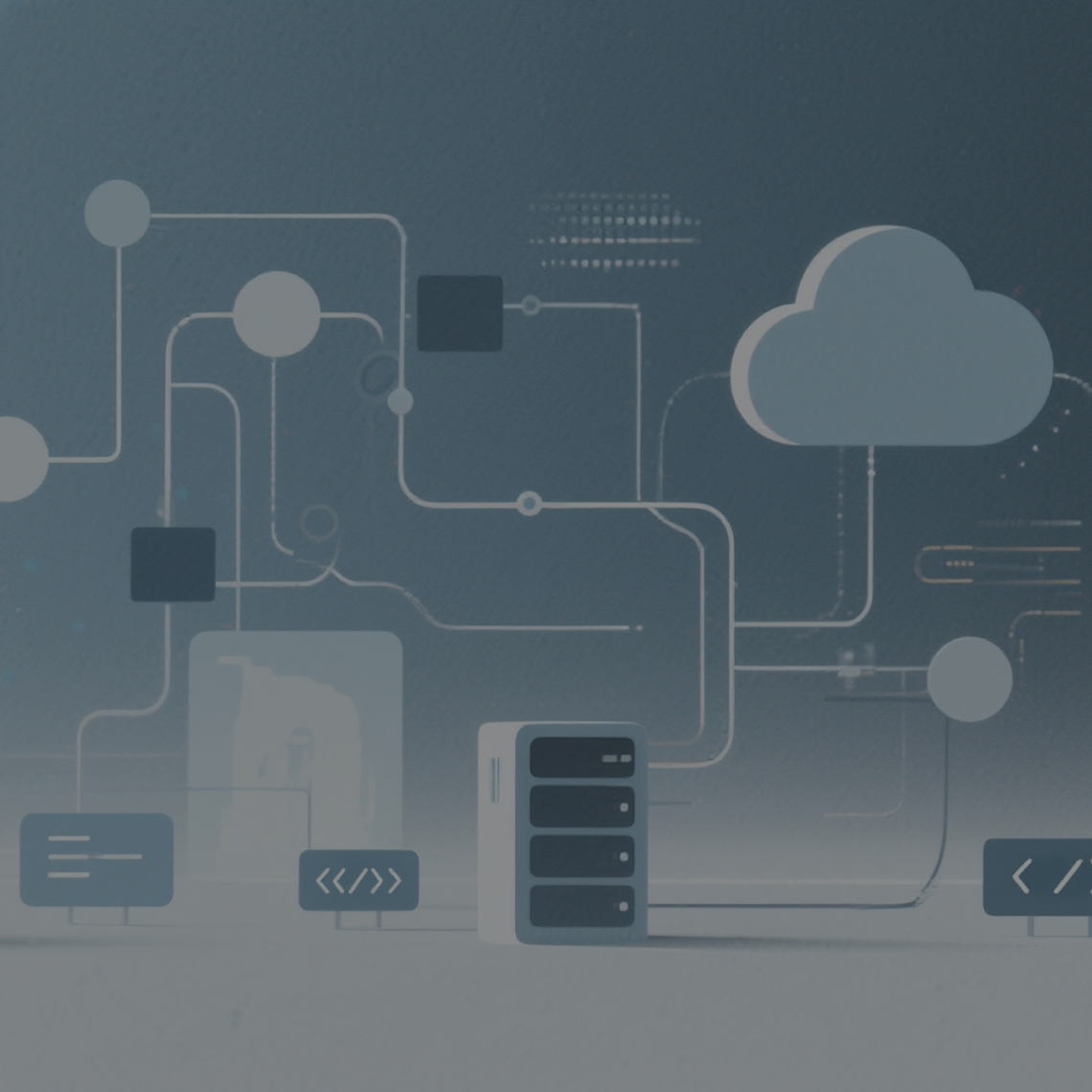The train has left the station.
The AI train for software development, that is. More than 75% of developers use artificial intelligence at least once a day for core duties like writing and debugging code. Over one-third of developers say AI has boosted their productivity, and AI coding agents are proliferating rapidly in almost every industry vertical.
With the AI train looking like a runaway success, will AI ultimately replace humans in coding and development?
Experts say ‘not so fast.’ Instead, a new hybrid model – harnessing the power of both AI and human developer talent – is emerging. And it will need more human talent, not less.
The Human Layer: Where AI Falls Short
AI can do many things well. But it simply can’t perform crucial parts of the development process as well as humans. That includes intuitive UX design, assessing code quality and security, and making sure AI-generated code complies with prescribed AI ethics and regulatory policies.
Most importantly, AI coding agents can’t understand nuance or put things into business context. Like recognizing budget and resource constraints. Understanding how code integrates into the entirety of a project. Communicating with non-technical stakeholders.
When a project starts to veer off the rails in subtle ways, an AI agent doesn’t have the Spidey sense to grasp that. But a developer does.
As Gartner declared in a research note: “AI tools cannot replicate the critical thinking and problem solving skills that are required to deeply understand complex problems and produce innovative, high-quality solutions. These creative and analytical capabilities are unique to human developers.”
The best model for software development, then, is a hybrid pairing of human talent and artificial intelligence.
The AI Engineer — Where Code Meets Critical Thinking
AI isn’t replacing human devs today. It is, however, freeing up developers to take care of much more important business. As one software-development engineer explained to Business Insider, “I don’t have to focus on doing repetitive tasks. I can focus on more complex problems that can actually impact our stakeholders and our clients.”
In a Forbes interview, Sisense CEO Ariel Katz said this AI-enabled transformation is already underway, with developers “evolving from being mere code creators to becoming visionaries and orchestrators of technology.”
From this, a brand new role is emerging for humans: the AI engineer. This job involves smoothly integrating AI components into software architecture, and using human design principles to ensure AI-empowered applications feature an intuitive and secure user experience.
In Gartner’s view, the rise of AI engineering will require more human software engineers, not fewer: “Organizations will need even more skilled developers to lead [this] new type of work. Through 2027, generative AI will spawn new roles in software engineering and operations, requiring 80% of the [existing software] engineering workforce to upskill.”
This new era of AI/human collaboration will also spark a 25% jump in employment for human developers, QA analysts, and testers between 2022 and 2032. In fact, Gartner expects rising demand for “a new breed of software professional … who possesses a unique combination of skills in software engineering, data science and AI/machine learning.”
So organizations will need to hire more humans for AI-enabled software development. The glitch? A global AI talent shortage.
The AI Talent Gap Is Already Here
Since that shortage is forecast to get even worse, finding enough people with combined skills in AI/ML, software development, and data science just isn’t possible through traditional hiring and recruiting. It’s time for a new talent model.
Bain & Company urges companies to “take action now, upskilling existing teams, expanding hiring strategies, and rethinking ways to attract and retain AI talent.”
To navigate this changing talent marketplace, organizations must leverage partners who can:
- provide critical AI upskilling for their internal developer workforce
- rapidly increase their access to external AI talent and AI-experienced developer talent
- emphasise the importance of honing soft skills, in particular critical thinking
This approach teaches new AI skills to internal developer teams, while tapping into a wider pool of developer and AI talent in a much more agile way.
Andela offers pre-aligned ‘core squads’, tools for modular team orchestration, and AI-powered team assembly services so companies can enhance their skill sets very, very quickly.
This talent model harnesses the power of AI while allowing human developers to do high-value work that’s more creative, inspiring, and based on critical thinking than ‘just coding’. The emphasis on constant learning keeps developers engaged and on top of changing technologies. Their companies can also be more nimble by accessing external AI talent as they need it.
The Future is Human + AI
The coding revolution isn't about choosing between humans and machines; it's about unleashing their combined potential. As AI handles the routine and repetitive, human developers are freed to tackle the complex, creative, and contextual challenges that define exceptional software.
The AI engineer represents more than just a new job title; it's a fundamental shift in how we think about technology development. These professionals aren’t simply writing code; they architect intelligent systems, bridge the gap between technical possibility and business reality, and ensure that AI-powered solutions serve human needs.
For organizations, the path forward is clear: invest in your people before the talent gap widens further. The companies that thrive in this AI-augmented future won't be those that replace their developers, but those that empower them to evolve. By upskilling internal teams and strategically accessing external AI talent, businesses can ride the AI wave rather than be swept away by it.
The train has indeed left the station, but there's still time to get on board. The question isn't whether AI will transform software development, as it already has. The question is whether your organization will be ready with the hybrid talent model needed to succeed in this new era.
The future belongs to those who can think like humans and work with machines. Welcome to the age of the AI engineer.
Looking to build tech skilled teams to drive your AI projects forward? Talk to Andela today about how we can help your organization thrive.




.avif)



.png)










